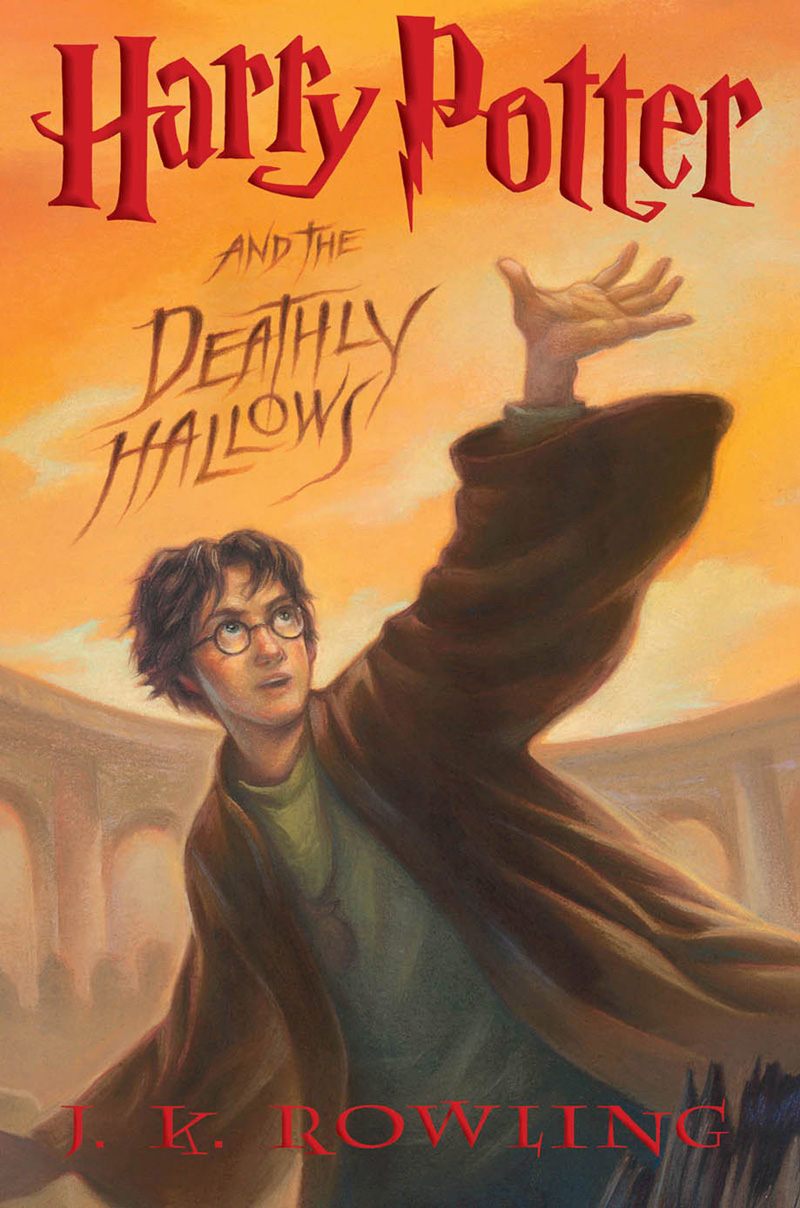I have had more trouble writing this response than any since I started 19th Century Continental Lit last semester. It boils down to the fact that I do not want to touch Dinesen’s exquisite prose with my own clumsy observations. Also, this story tied my brain in knots I’m still trying to untangle. I would like to read this story (and all of the stories in Winter’s Tales) at least 5 more times before I feel qualified to say anything about it, but since I have a date with James Fenimore Cooper’s long 19th Century descriptive prose, I won’t do that.
First I want to say that, as a writer, Dinesen seems to have a reverence, a love for her characters that you don’t always find in short stories. I’m thinking of Flannery O’Connor here, because she also writes allegorical tales. There is so much coldness in how she treats her characters sometimes—no matter what they do, they always get a big Old Testament slap in the face. Their lives are so bleak. And though I love O’Connor, her legacy seems to have made it obligatory for American writers of short stories to treat their characters with the same harshness. I suppose this legacy is actually the legacy of Modernism, but I haven’t taken any other 20th Century classes, other than the Modern and Post-Modern sections of History of Lit Crit. I don’t know a lot about Modernism other than I am wary of it when it comes to writing. Dinesen treats her characters more like children whom she wants to support and nourish. What makes me contrast her with O’Connor is page 186 when Emilie says “The world is not a hard or severe place. You are forgiven everything.” I read on Wikipedia that her stories often take place in earlier centuries because “she want[s] to express a spirit that no longer exists in modern times: the sense of destiny and courage.” I find her writing to be very refreshing for this reason.
“The Dreaming Child” reminds me of a fairy tale. It’s a little sad because it contains a sweet little boy who you become attached to and you’re so happy when his dreams come true. It’s heartbreaking that he dies when he no longer has anything to dream about , but Dinesen has set you up to expect that he will die. As for Jakob and Emilie, at the beginning of the tale they are both more like children themselves. Jakob idolizes Emilie but doesn’t know who she really is. Emilie has married Jakob out of duty to her family, typical of a 19th Century marriage. I think this story was definitely influenced by A Doll’s House and it seems to me like it could have been written as a reaction against it. I’m reminded of the Victorian notion of the woman’s place as the “angel in the home,” however in this story Jens would be the angel in Jakob and Emilie’s home. Jens’s role, symbolically, is to unite their family, and once his job is completed, he departs this astral plane. However, I’m not sure he actually accomplishes the task of uniting Emilie and Jakob.
Part of why this reminds me of a fairy tale is the ambiguous ending. I know the more Disneyfied fairy tales usually have a moral at the end, but I seem to recall some more obscure Grimm’s fairy tales that have ambiguous endings. On the one hand, Emilie has picked up the torch of Jens’s dreaming—something I find essential to human nature, especially in the 20th Century when the whole earth has been explored and science can explain almost everything. Emilie and Jakob’s relationship seems to have been strengthened by the experience of loving Jens, but it’s rather perverse that Emilie decides to remember him as the love child of she and her dead true love. Before Jens came along, she was just going through the motions of behavior required by her position in society—working with charities, marrying Jakob—these things were her identity, but only because it was the identity prescribed for her by tradition and society. The “paradoxical” things mentioned on page 184 originate in Emilie’s perception of Charlie. Charlie was a well-known cad, but Emilie has always told herself that he was noble and only loved her. On page 185, she calls him “magnanimous” for trying to seduce her. She is already lying to herself about these things, and the paradox is that she has to in order to be true to the part of herself that loves Charlie.
Also part of the paradox is the fact that she decides to live this lie about the origin of Jens. Or is it the truth? Is it not possible that everything the reader is told at the beginning of the tale regarding the Plejelts and the part of the story regarding Emilie’s refusal of Charlie is the lie? Given the nature of the “dreaming” in the story and the way the characters use it to alter their origins, it makes me wonder. I will stop now before my paper gets too metaphysical.













No comments:
Post a Comment